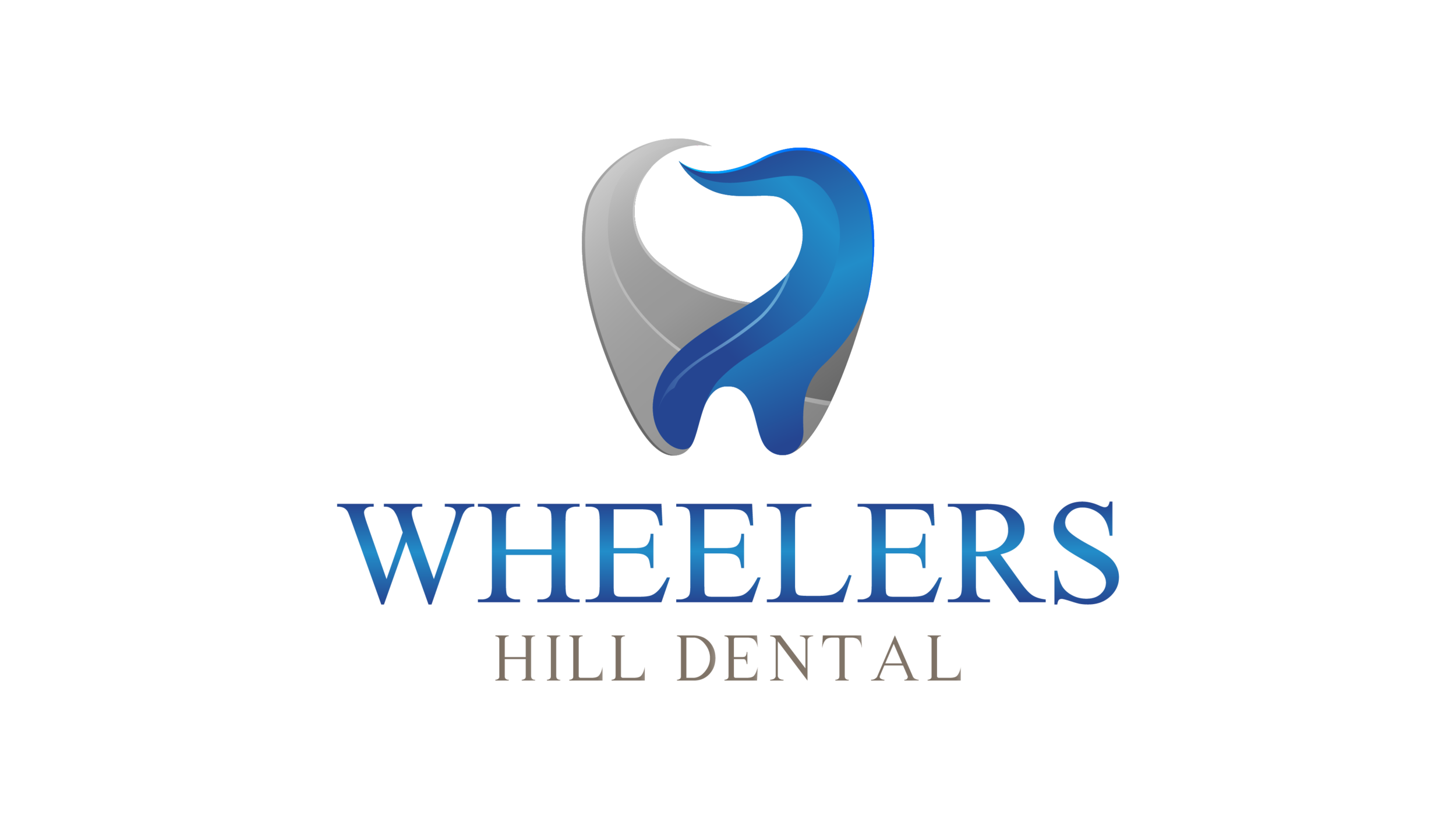Happy Chinese New Year 2025 - Celebrating the Year of the Snake
Dear Valued Patients,
As we welcome the Year of the Snake in 2025, I would like to extend my warmest wishes to you and your loved ones. Chinese New Year is a time for reflection, renewal, and togetherness - a moment to honour traditions while embracing new opportunities for growth and success.
The Year of the Snake is associated with wisdom, intuition, and transformation. It symbolises resilience and the ability to navigate challenges with intelligence and grace. May this year bring you good health, happiness, and prosperity in all aspects of life.
At Wheelers Hill Dental, we are proud to serve the Wheelers Hill, Glen Waverley, and surrounding communities with high-quality dental care. We appreciate your trust and ongoing support, which allows us to continue providing excellent general dentistry, cosmetic dentistry, and family dental care.
May this Lunar New Year bring you closer to your goals, dreams, and aspirations. Wishing you and your family a joyful, prosperous, and fulfilling Chinese New Year 2025!
Warm regards,
Dr. T. S. Saw OAM
Wheelers Hill Dental




















